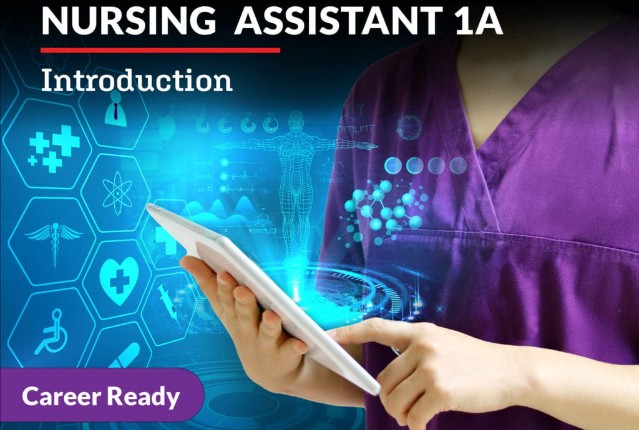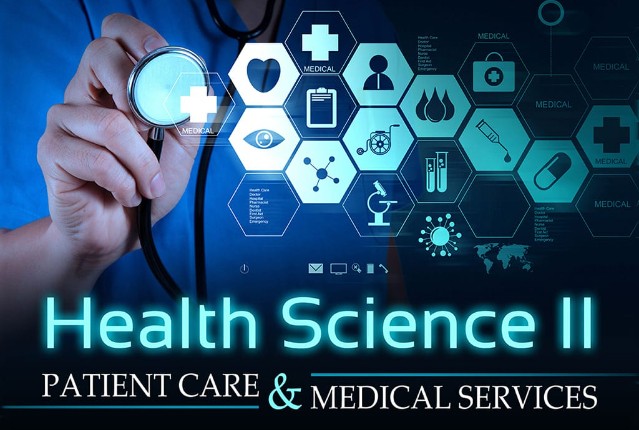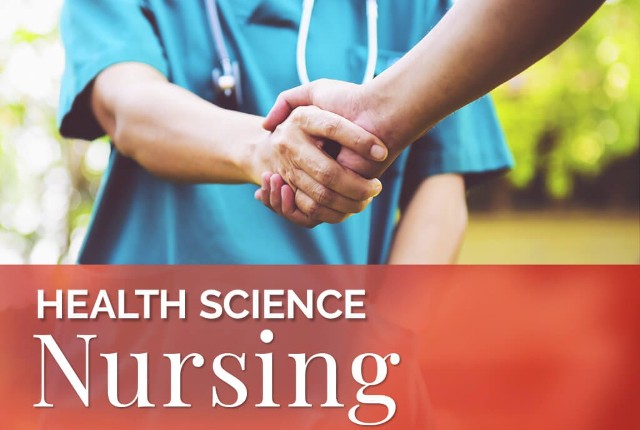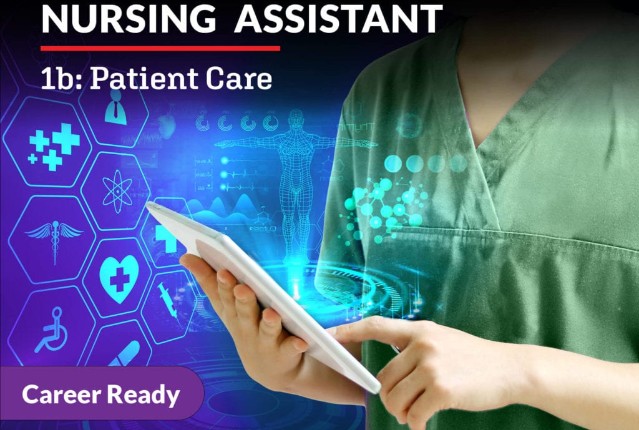As you’re aware, body systems work together and cannot function without each other. The integumentary system includes the skin, hair, and nails, providing the first line of defense against injury or infection—impressive, huh? The nervous system is how we perceive our environment and use the senses of sight, sound, taste, smell, and touch, whereas the respiratory system provides oxygen to cells and tissues of the body. The urinary system performs the very important function of filtering and eliminating waste and, finally, the reproductive system is responsible for the creation of more humans. Does that sound like a lot? Don’t worry—together, we’ll explore each of these incredible systems!
What will you learn in this unit?
- Describe how the integumentary system functions as the first line of defense for the body and list common disorders of the integumentary system
- Explain how the nervous system functions to regulate other body systems and how it processes stimuli from the environment through the senses and list disorders of the nervous system.
- Illustrate how the respiratory system provides oxygen to the body and list common diseases and disorders of the respiratory system
- Discuss the function of the urinary system and list common disorders of the urinary system
- Contrast female and male reproductive system anatomy and human sexuality and list common diseases and disorders of the reproductive system





